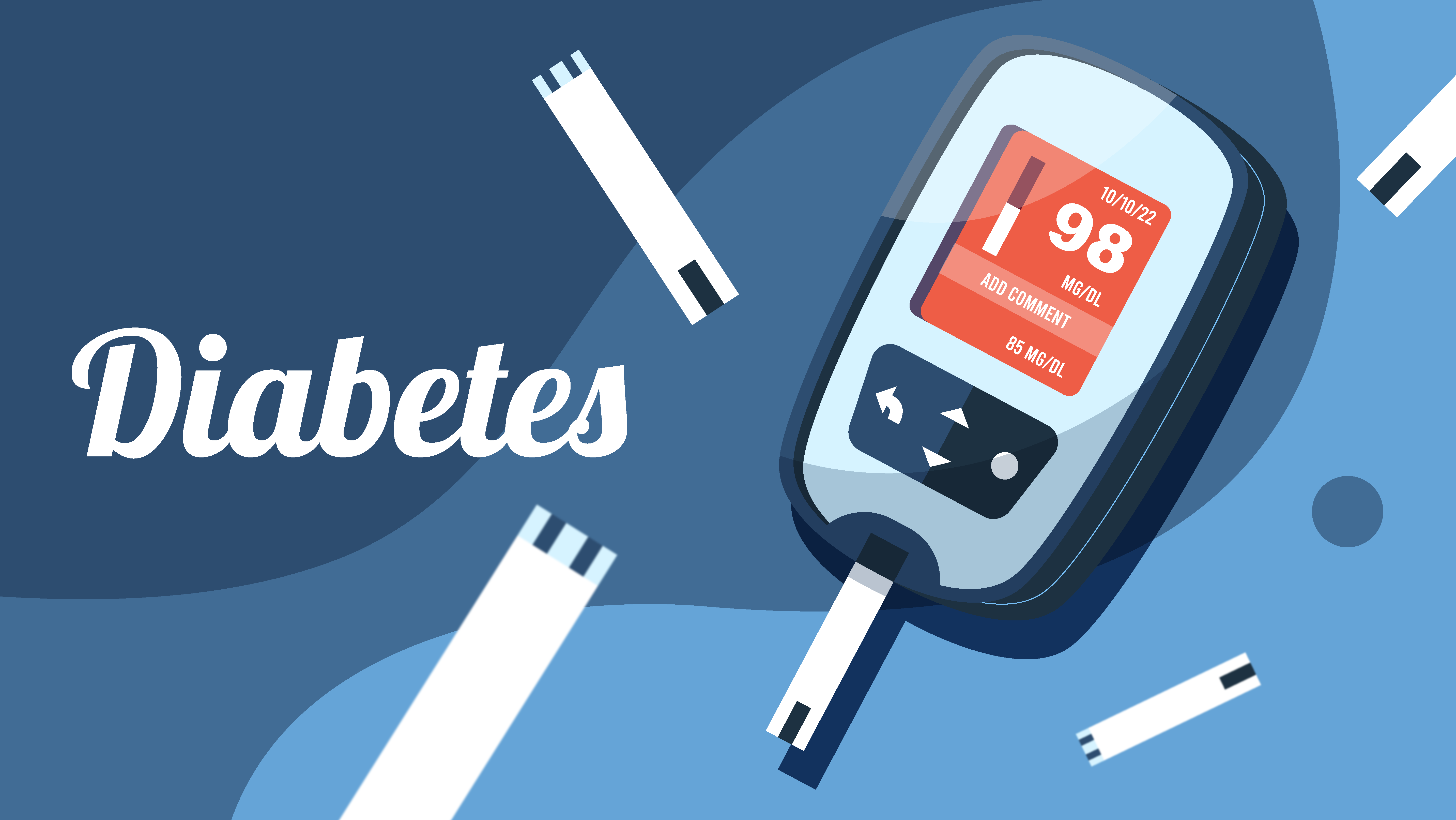
Post Partum Care
Begins immediately after childbirth. The terms puerperium, puerperal period, or immediate postpartum period are commonly used to refer to the first six weeks following childbirth.
Postpartum care is a service provided to individuals in the postpartum period to help with postpartum recuperation and restoration.
Pregnancy changes your body in more ways than you might expect, and it doesn’t stop when the baby is born. Here’s what to expect physically and emotionally after a vaginal delivery.
- Vaginal Soreness
- Vaginal Discharge
- Contractions
- Incontinence
- Hemorrhoids and issues with Bowel movements
- Tender Breasts
- Mood changes
- Baby Blues – Childbirth triggers a jumble of powerful emotions. Many new moms experience a period of feeling down, anxious sometimes called the baby blues. Symptoms include mood swings, crying spells, anxiety and difficulty sleeping. Baby blues typically subside within two weeks. In the meantime, take good care of yourself. Share your feelings, and ask your partner, loved ones or friends for help.
Postpartum depression. If you experience severe mood swings, loss of appetite, overwhelming fatigue and lack of joy in life shortly after childbirth, you might have postpartum depression.
Contact your health care provider if you think you might be depressed, especially if your signs and symptoms don’t fade on their own, you have trouble caring for your baby or completing daily tasks, or you have thoughts of harming yourself or your baby.
After a C-section, in addition to the above changes, extra care is needed for;
Monitor C-section incision for signs of infection
Early Mobilization and prevention of blood clot
The Post Partum Check-up
Department of Health recommends and encourages a higher percentage of women who give birth and had postpartum care visits within 8 weeks of giving birth. Postpartum care is an ongoing process rather than just a single visit after your delivery.
During this appointment, your doctor will check your mood and emotional well-being, discuss contraception and birth spacing, review information about infant care and feeding, your sleep habits and issues related to fatigue, and do a physical exam. This might include a check of your abdomen, vagina, cervix, and uterus to make sure you’re healing well. This is a great time to talk about any concerns you might have, including resuming sexual activity and how you’re adjusting to life with a new baby.
Related Post
Ramadan and Oral Health
Ramadan & Oral Health To help clear all [...]
Diabetes
Diabetes A lifelong condition that causes a person’s [...]
Post Partum Care
Post Partum Care Begins immediately after childbirth. [...]




